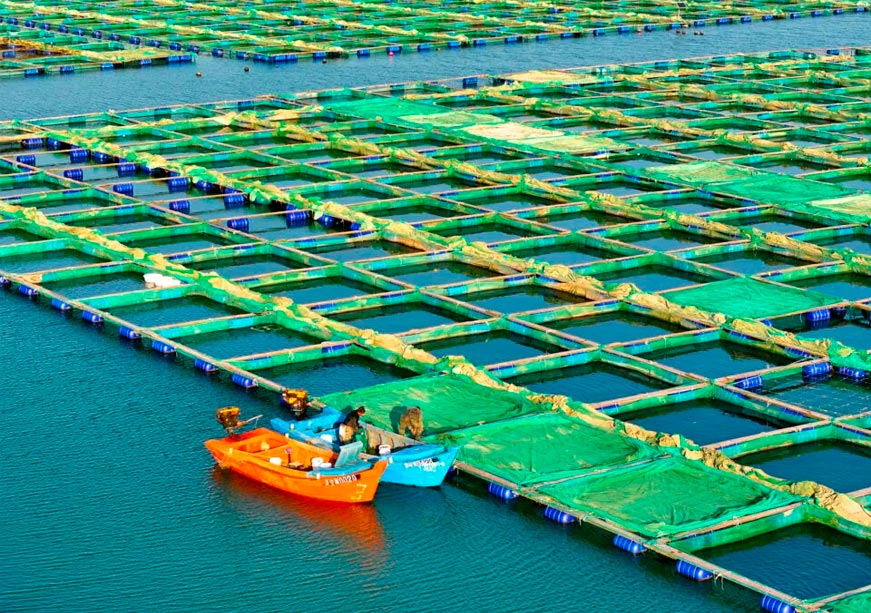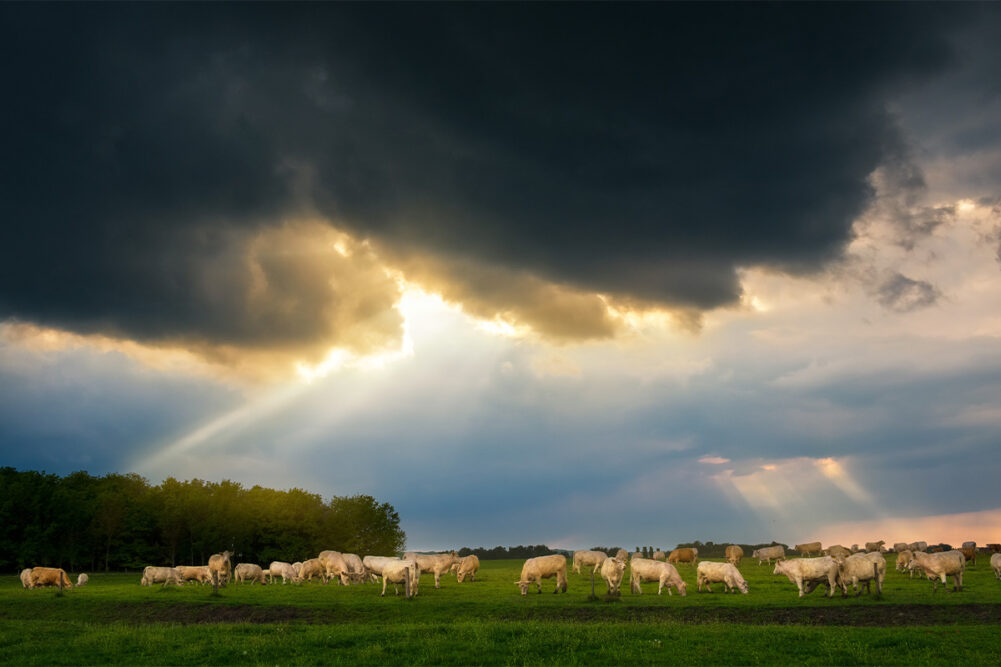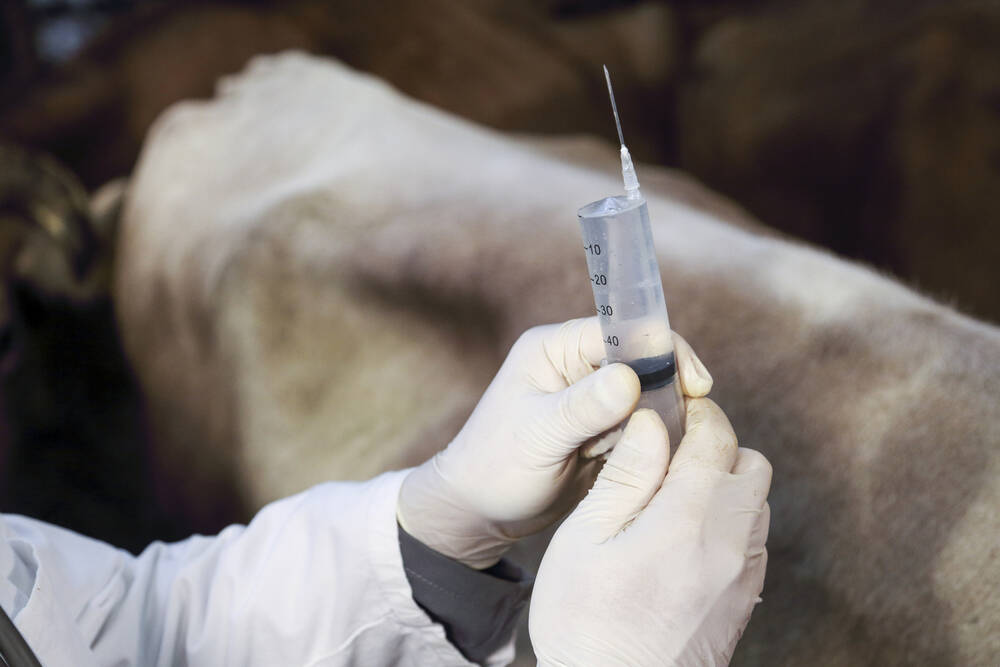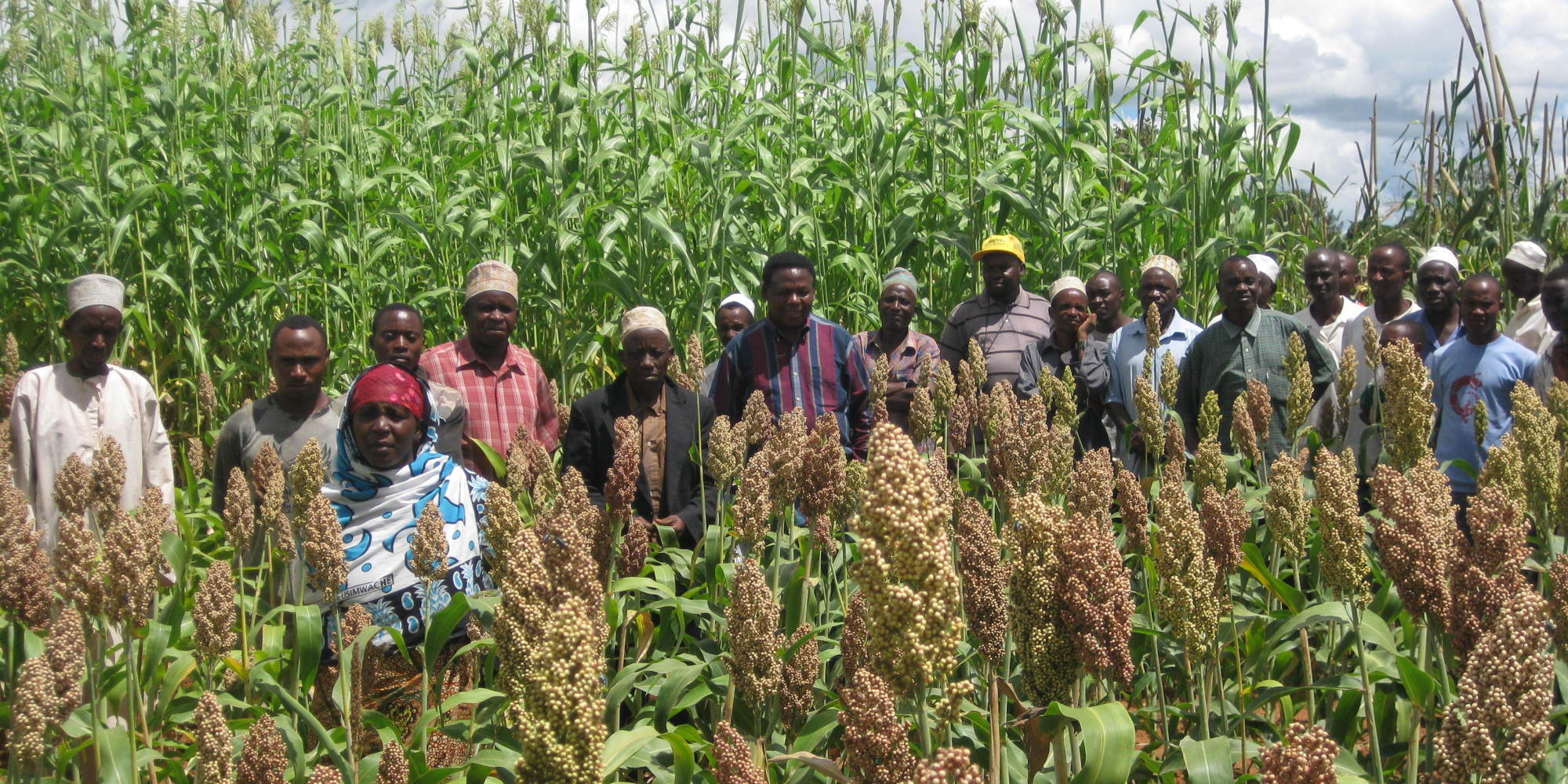Africa - Big data drives more finance to agribusiness
23.02.2018 225 views
ScaleAgData Stakeholder Engagement Event
22.10.2024The ScaleAgData project is pleased to invite you to our second stakeholder event. Building on the discussions and connections formed during our first webinar, this event will focus on fostering collaboration among stakeholders, providing updates on our project’s progress, and outlining future opportunities for engagement.

Italy - Farmers devastated as nationwide crisis wipes out key crop
Fig lovers in Italy and beyond might find their favorite fruit harder to come by this year.

Brazilian food org aims to change local agriculture methods
Food awareness organisation ProVeg Brazil has began a project to help Brazilian livestock farmers transition to plant-based agroforestry.

USA - D2D satellite tech could make livestock tracking far more affordable in future
Andy Kessler is the VP Enterprise and Land Mobile for global communications company Viasat.

Blue food making waves for sustainability and security in East Asia
East Asia is well-positioned to lead the global transition towards sustainable aquatic food systems, or ‘blue food’.

Zimbabwe interested in Belarusian dairy products and agricultural machinery
Belarus’ Agriculture and Food Minister Yuri Gorlov held negotiations with the Deputy Minister of Lands, Agriculture, Fisheries, Water and Rural Development of the Republic of Zimbabwe, Vangelis Haritatos, sb.by reports

Azerbaijan to host agricultural product festivals across 13 regions
Azerbaijan is set to hold agricultural product festivals in 13 locations across 9 economic zones, aiming to promote local production and highlight the economic potential of various regions.

South Korea grapples with surging prices for livestock, processed foods
Livestock and processed food prices in South Korea have soared, fueled by multiple factors including currency depreciation and rising raw material costs, further straining residents' cost of living.

Tanzania roles out national livestock vaccination, identification campaign
The government is set to launch a nationwide livestock vaccination and identification campaign on June 16, 2025, aimed at boosting animal health and opening up access to regional and international markets.




